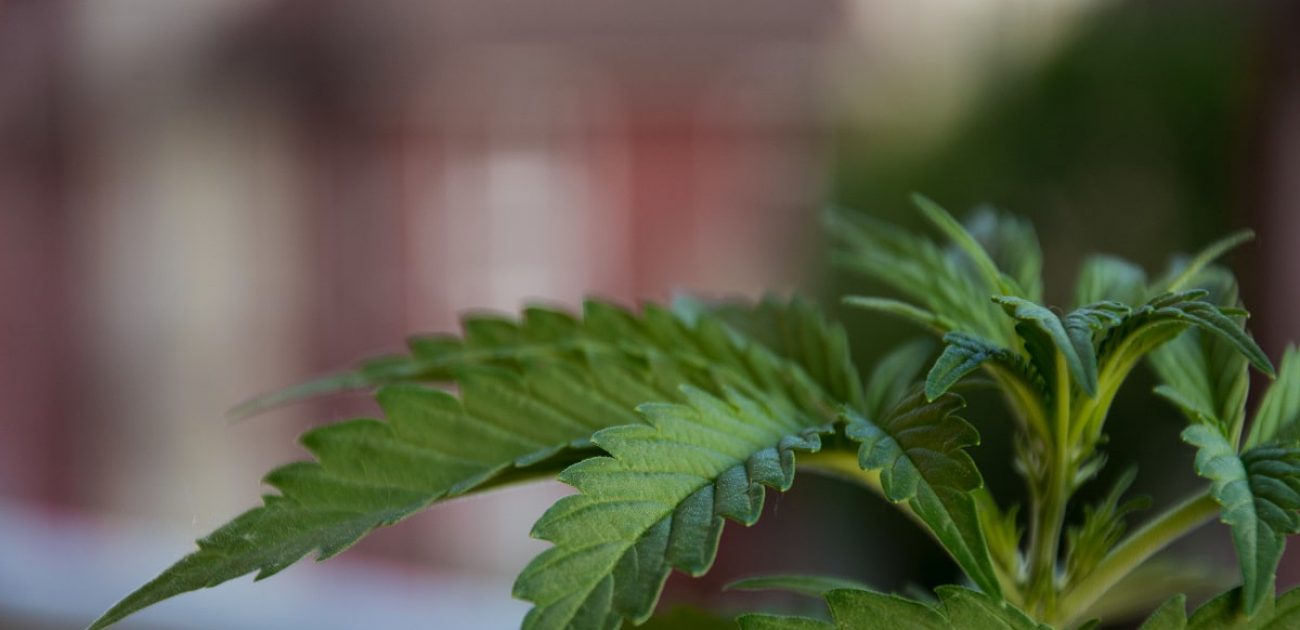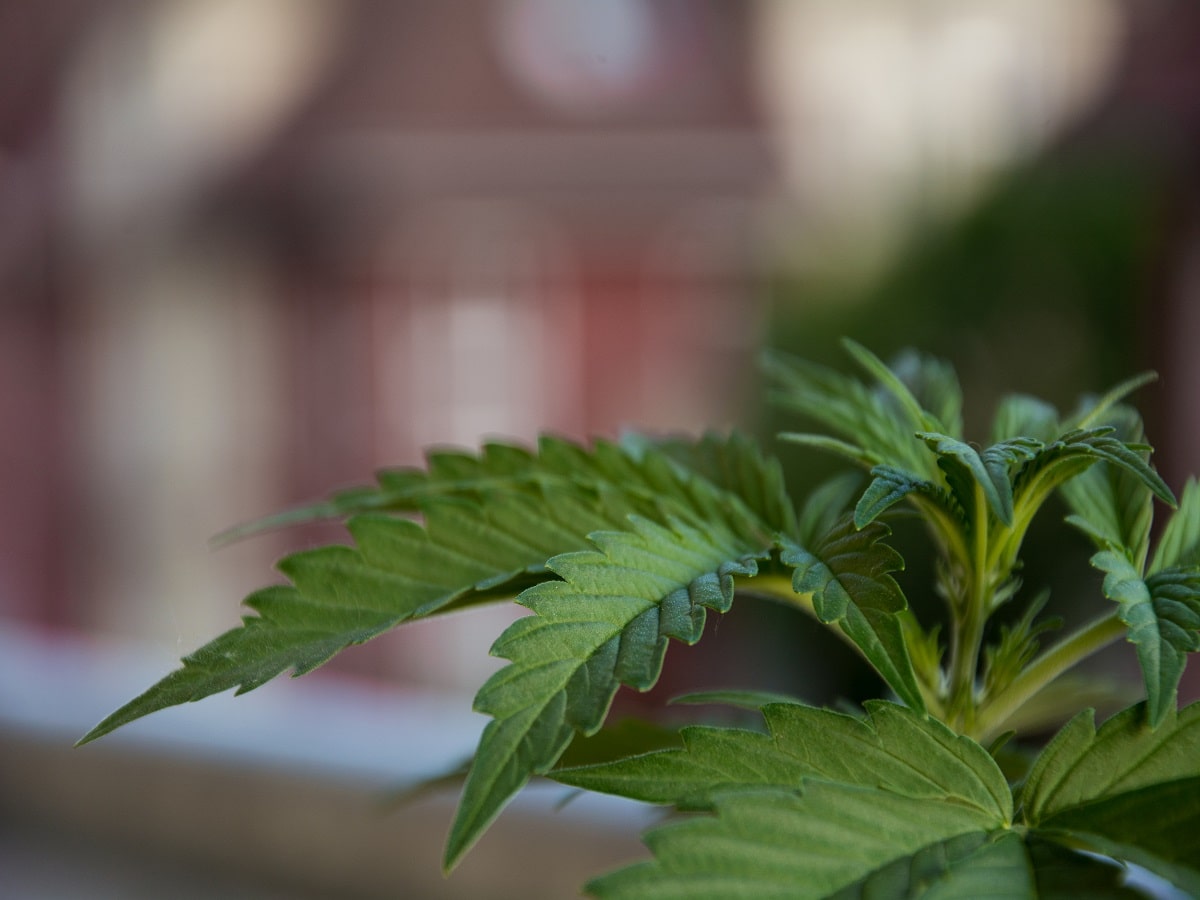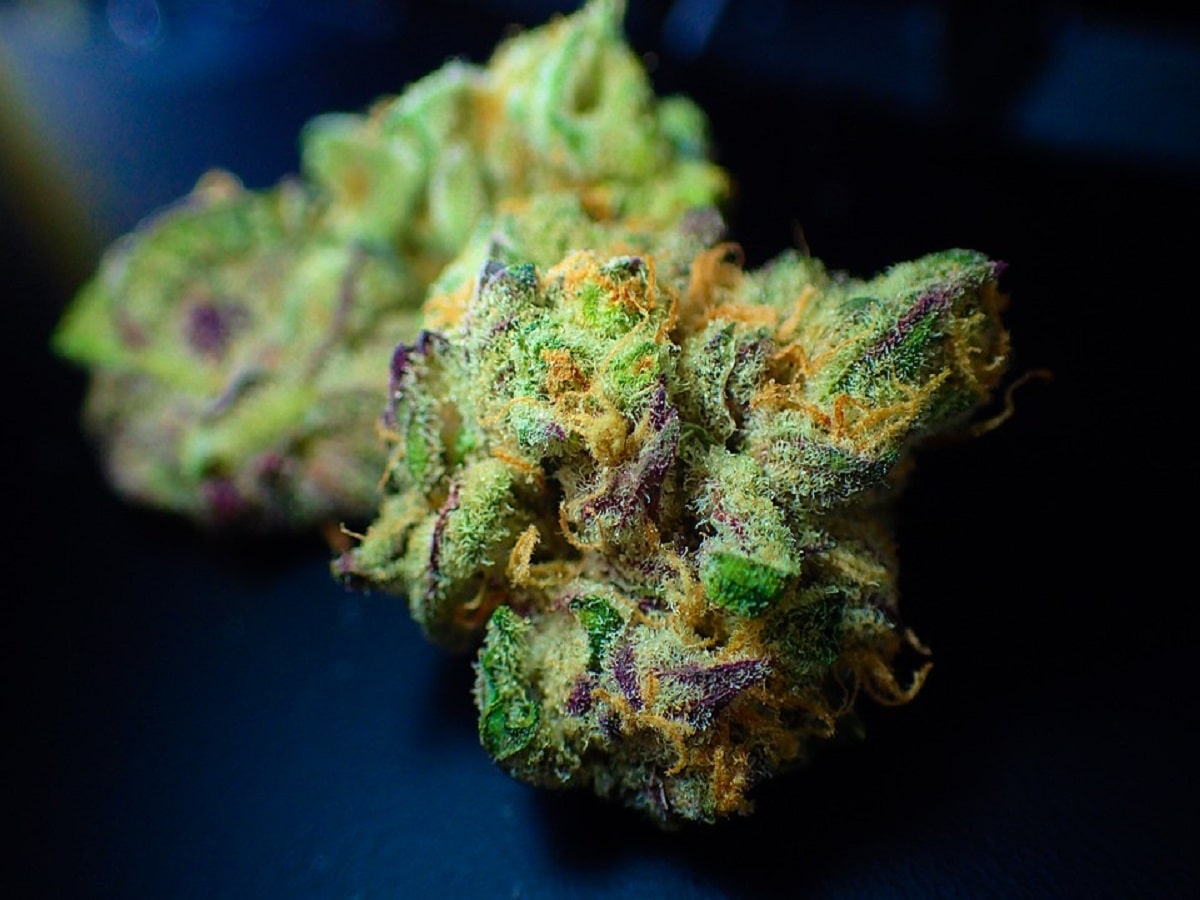
Canadian Researchers Analyze Dozens Of Cannabis/Alcohol DUI Studies

Canadian Researchers Analyze Dozens Of Cannabis/Alcohol DUI Studies
Driving under the influence policies as they pertain to cannabis is an extremely important area of public policy. Everyone should want to keep roadways safe and treat driving while intoxicated by any substance as a very serious matter.
With that being said, just because someone consumes cannabis does not automatically mean that they are too impaired to drive. Also, just because someone has cannabis in their system it doesn’t mean that they are impaired, and for that matter, it doesn’t mean that the cannabis in the person’s system indicates that they consumed recently.
Cannabis can stay in a person’s system for a very long time, and due to how fast the body metabolizes cannabis, having cannabinoids in the system could mean that the person consumed cannabis just hours prior, or a month prior – there’s no scientific way to know for sure once cannabinoids have been metabolized.
Policymakers and regulators are struggling with how to address cannabis DUI policies, with many trying to superimpose the approach to alcohol DUIs on the approach to cannabis use.
Unfortunately for those people, cannabis does not interact with the human body the same way that alcohol does, as demonstrated by the results of a new study. Below is more information about it via a news release from NORML:
Alberta, Canada: The magnitude of cannabis’ influence on driving performance is far less than that of alcohol, according to a systematic review and meta-analysis published in the journal Addiction.
Canadian researchers analyzed data from 57 studies assessing the influence of cannabis and alcohol on driving behavior and crash risk.
They acknowledged that cannabis exposure was typically associated with deviation in drivers’ lateral positioning (lane weaving) and a decrease in their average speed. Cannabis use was “not associated with an increase in crashes in experimental studies.” Authors also found “no compelling evidence” that cannabis influenced hazard response time, headway variability, time out of lane, speed variability, speed exceedance, or time speeding.
They concluded, “Specifically, for the measures reported here, there are no instances where the average effect of cannabis is equal to or greater than the driving performance decrements associated with BAC concentration ranging from 0.04 to 0.06 percent.”
Consistent with other studies, authors acknowledged that the combined use of cannabis and alcohol “is generally more detrimental to driving performance relative to non-intoxication or to either drug in isolation.”
NORML has long acknowledged that acute cannabis intoxication can influence driving performance, particularly if consumed with alcohol, and has opined that anyone inhaling cannabis “should refrain from driving for a period of several hours.”
Full text of the study, “Effects of cannabis and alcohol on driving performance and driver behavior: A systematic review and meta-analysis,” appears in Addiction. Additional information is available in the NORML fact sheet, ‘Marijuana and Psychomotor Performance.’
Share article


Share article
Join Our Awesome Community
Join Our Awesome Community
Join Our Awesome
Community
Get all the latest industry news
delivered to your inbox







